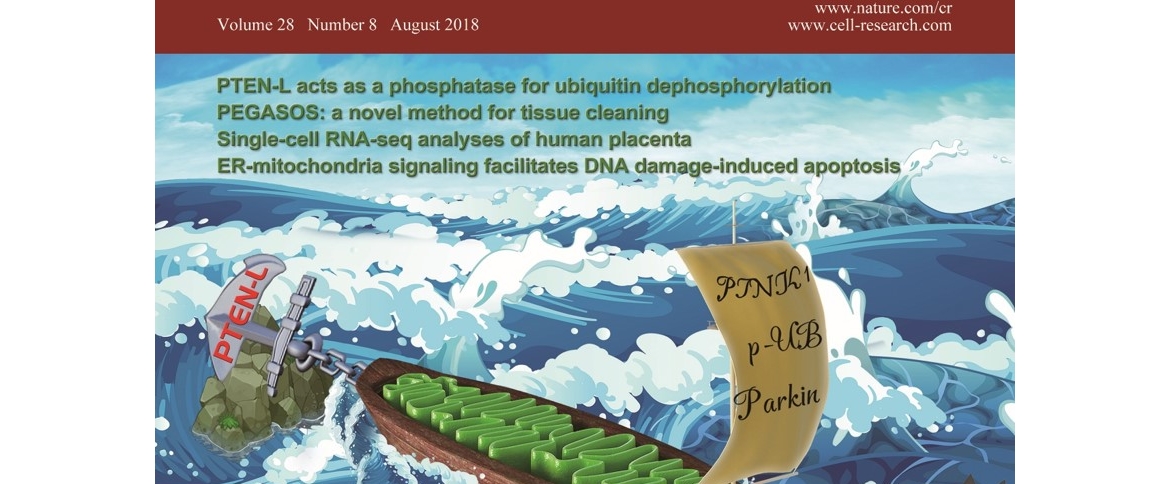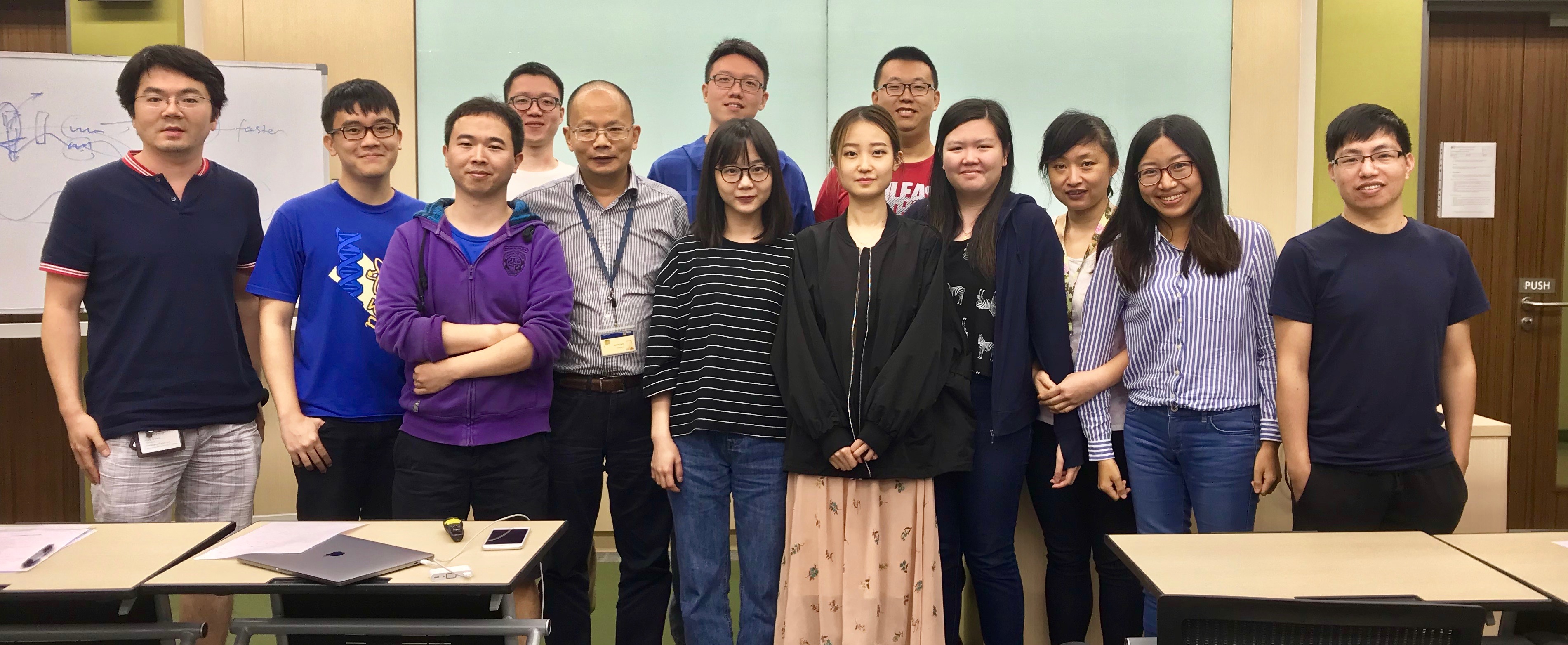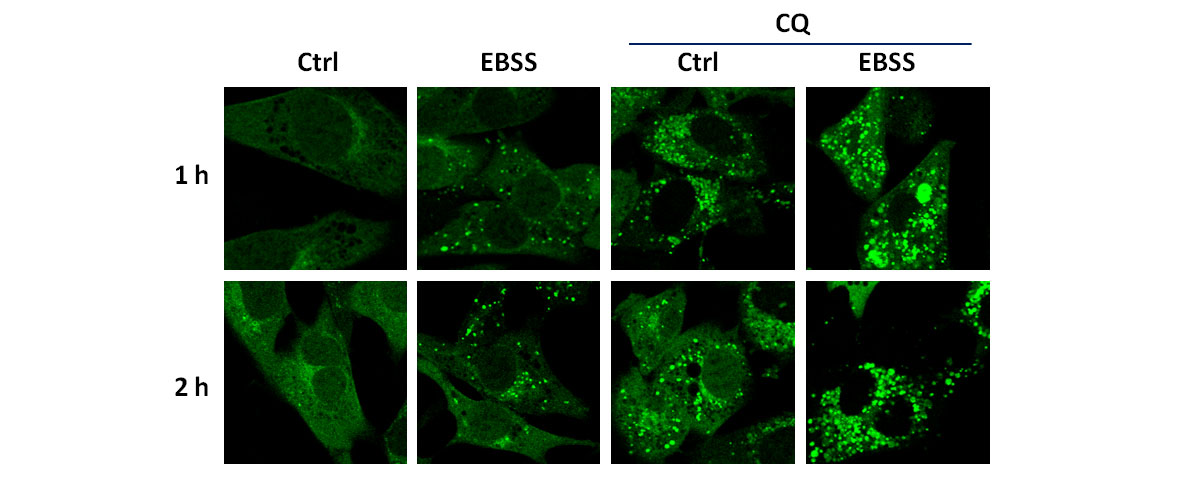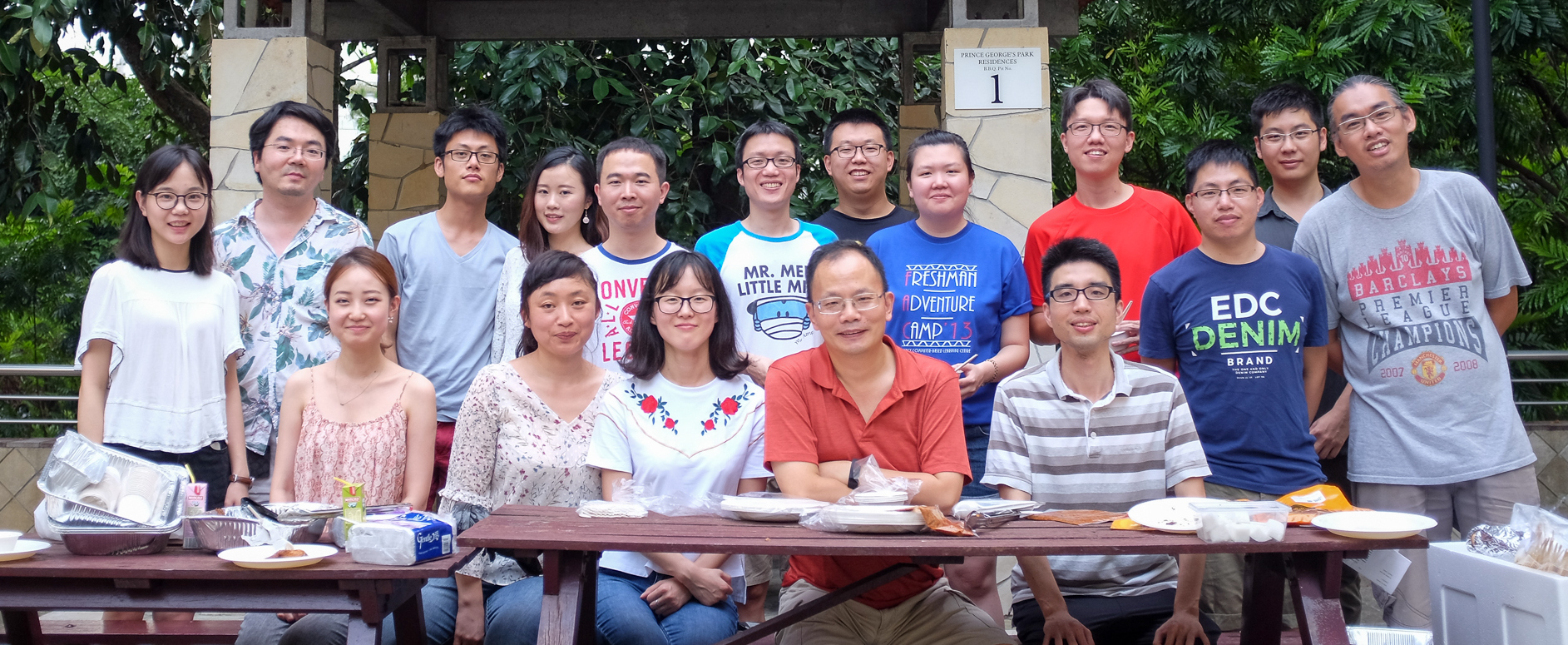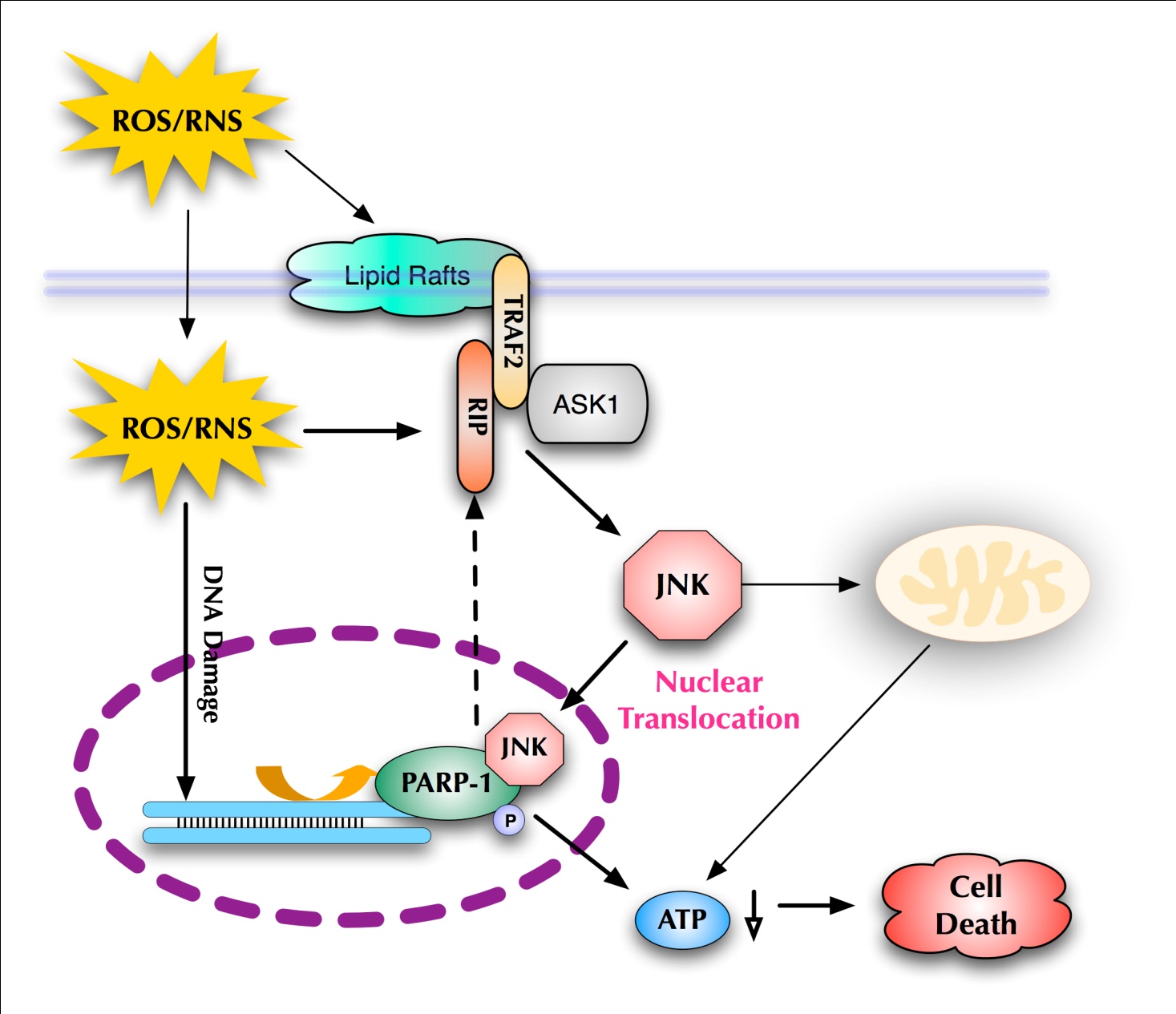Research Interests
Our lab is interested in the following topics related to autophagy and cancer cell biology:
-
Autophagy: Regulatory Mechanisms and Biological Functions in Cancer
Autophagy is an evolutionally conserved cellular catabolic process whereby cellular proteins and organelles are engulfed to autophagosomes and eventually delivered to lysosomes for degradation. Our lab is interested to understand the basic mechanisms of autophagy, its involvement in cell death and cancer development, as well as to development novel cancer preventive and therapeutic strategies via modulation of autophagy.
- Role of the AMPK–mTOR signaling pathway in control of autophagy and cell death
- Molecular mechanism underlying selective autophagy: mitophagy
- Regulation of lysosomal function in the course of autophagy
- Modulation of autophagy as a novel cancer therapeutic approach
-
Involvement of ROS and Oxidative Stress in Cell Death (Apoptotic and Non Apoptotic Cell Death)
-
Antioxidants and Natural Products as Anti-Cancer Agents
The ongoing research programs related to autophagy study include the following:
-
Illustration of the novel function of PTEN-L as a protein phosphatase in suppression of mitophagy
Wang LM et al., Cell Research, 2018

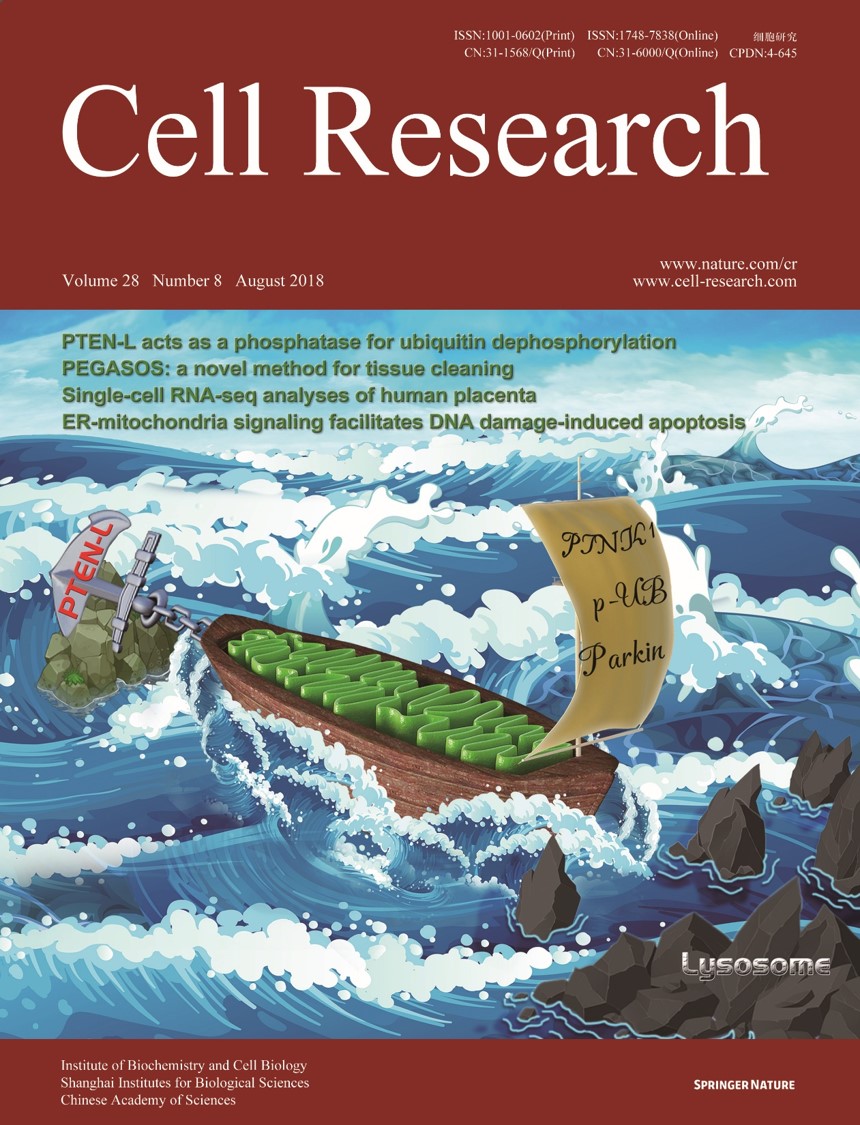
-
TSC-mTOR pathway in modulation of autophagy and cell death in response to starvation
Ng SK et al., Autophagy, 2011

-
PARP-1-AMPK-mTOR in autophagy and necrotic cell death under oxidative stress and DNA damage
Huang Q-Shen HM. Autophagy 2009

-
Dual role of 3-methyladenine on modulation of autophagy via different temporal patterns on Class I and III PI3K.
Wu YT et al., J Biol Chem 2010
(this article was featured in Faulty of 1000 Biology)

-
Autophagy is pro-survival mechanism to suppress zVAD-induced necroptosis
Wu et al., Autophagy, 2008
Wu et al., Autophagy, 2009
Wu YT et al., Cell Death Differ 2011

